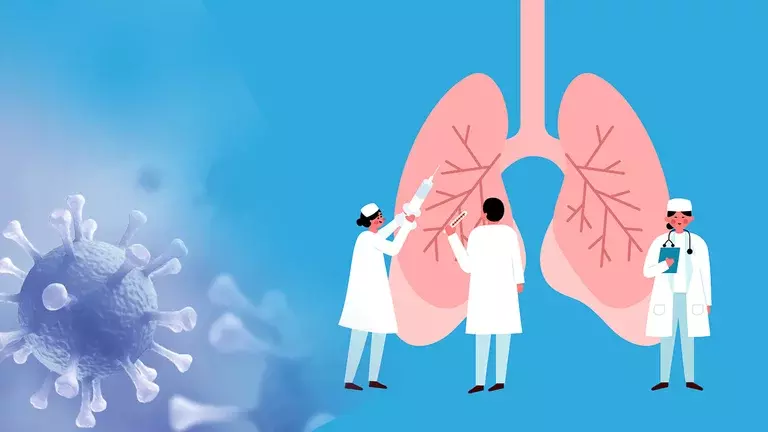Understanding of Respiratory health: Encouraging Lung Health Awareness

Lung health is fundamental to overall well-being, yet it often doesn't receive the attention it deserves. Our respiratory system, especially the lungs, plays a crucial role in sustaining life by facilitating the exchange of oxygen and carbon dioxide. Hence, creating awareness about lung health is pivotal in fostering healthier lifestyles and preventing respiratory diseases.
Promoting Lung Health Through Lifestyle Changes
Adopting healthy habits, such as regular exercise, maintaining a smoke-free environment, proper nutrition, and avoiding exposure to pollutants, greatly contributes to promoting lung health. Lifestyle changes play a pivotal role in preventing respiratory diseases.
Understanding Lung Health
The lungs are vital organs responsible for oxygenating blood and expelling carbon dioxide. However, many factors can affect lung health, including pollution, smoking, and genetic predisposition. Understanding lung health involves comprehending these factors and their impact on respiratory function.
Common Respiratory Issues
Respiratory diseases like asthma, chronic obstructive pulmonary disease (COPD), and pneumonia significantly impair lung function. These conditions not only affect breathing but also impact overall health and quality of life. Recognizing common respiratory issues aids in early detection and timely intervention.
Factors Affecting Lung Health
Several external and internal factors contribute to compromised lung health. Environmental pollution, secondhand smoke, occupational hazards, and genetic factors are among the factors affecting lung health. Identifying and mitigating these factors are essential for maintaining healthy lungs.
Early Detection of Lung Problems
Recognizing symptoms like persistent cough, shortness of breath, chest pain, and wheezing is crucial for early detection of lung problems. Timely consultation with healthcare professionals ensures timely diagnosis and appropriate treatment.
Avoiding Lung Health Hazards
Minimizing exposure to lung-damaging substances, such as air pollutants, chemicals, and allergens, is essential for avoiding lung health hazards. Creating a clean and smoke-free environment supports better lung health.
Impact of Environmental Factors on Lung Health
Air quality, climate, and geographical factors significantly influence lung health. Being aware of these environmental factors helps in taking necessary precautions to protect lung health.
Preventive Measures and Screenings
Regular check-ups, lung function tests, and screenings are crucial for preventive lung health measures. Early detection through screenings can prevent complications and ensure timely treatment.
Managing Lung Conditions
Effective management of lung conditions involves a combination of medications, therapies, and lifestyle adjustments. Adherence to treatment plans is vital for managing lung conditions effectively.
Support and Resources for Lung Health
Vitalaire provides valuable services and solutions for people with chronic respiratory diseases and home respiratory therapy
Conclusion: Advocating for Lung Health Awareness
Creating widespread awareness about lung health is essential. By prioritizing education, prevention, and early detection, we can significantly improve lung health outcomes and ensure healthier communities.
References:
https://www.lung.org/lung-health-diseases/wellness
https://europeanlung.org/en/projects-and-campaigns/healthy-lungs-for-li…